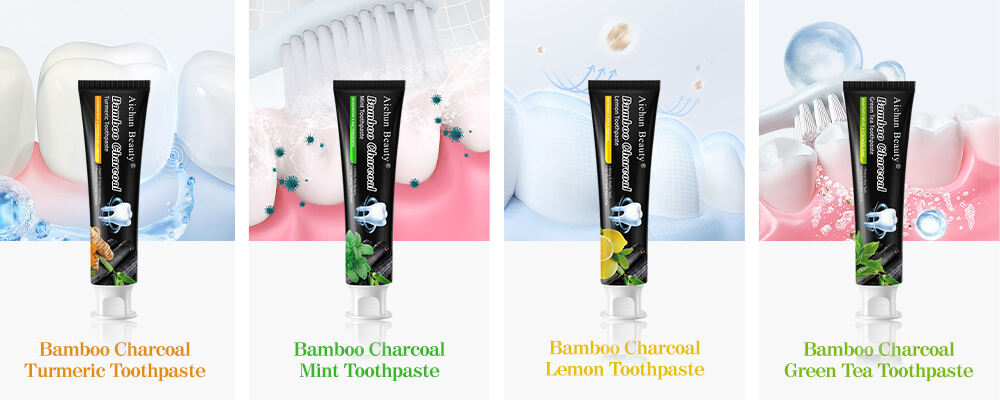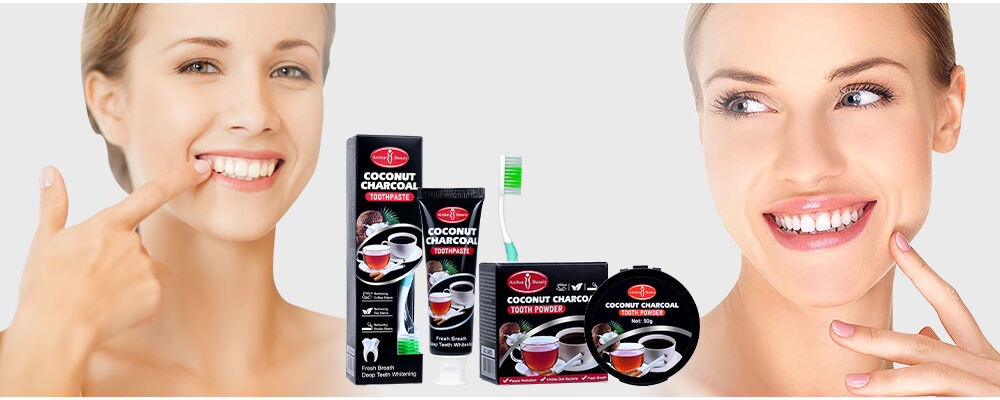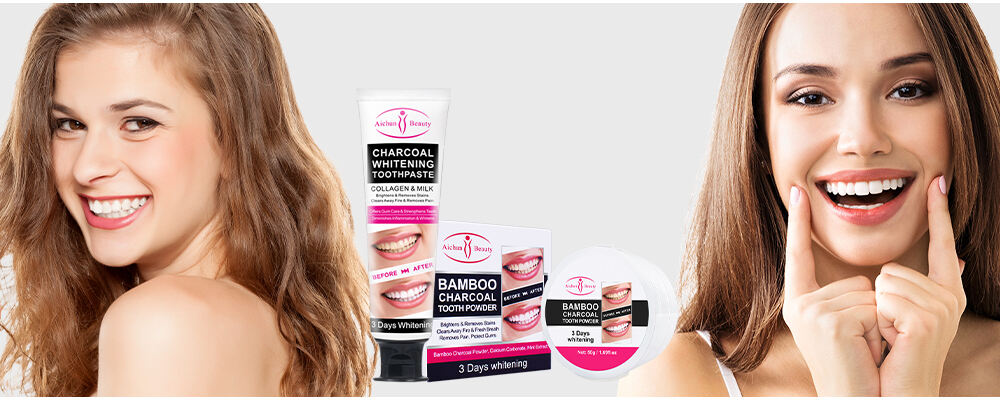In recent years, oral care trends have shifted toward more natural and holistic approaches. Consumers are paying closer attention to what goes into their dental products, and one ingredient that continues to grow in popularity is charcoal. More specifically, charcoal in toothpaste has taken the spotlight as an appealing alternative to traditional whitening agents. From social media influencers to health-conscious individuals, many are turning to this unique, black-powdered component to elevate their oral hygiene routine. But what are the true benefits of using charcoal in toothpaste, and how can you determine if it aligns with your personal care needs?
Activated charcoal is a fine black powder made from coconut shells, bone char, olive pits, peat, or other natural sources. It is heated at high temperatures to increase its surface area and porosity. This makes it highly absorbent, capable of binding to toxins and impurities. When used in oral care, charcoal in toothpaste is designed to adhere to plaque, stains, and bacteria, allowing for their removal during brushing.
Charcoal in toothpaste typically appears in two forms: as a powder added to traditional toothpaste formulas or as a standalone ingredient in paste form. Some brands mix charcoal with fluoride and essential oils, while others maintain a strictly natural composition. Regardless of format, the increasing presence of charcoal in toothpaste reflects a growing demand for ingredients derived from nature.

One of the main reasons people turn to charcoal in toothpaste is for its whitening capabilities. The porous nature of activated charcoal enables it to bind to surface stains caused by coffee, wine, and smoking. Over time, users may notice visibly brighter teeth without the need for chemical bleaching agents.
Charcoal in toothpaste is believed to bind to bacteria and toxins in the mouth. This can potentially help with reducing bad breath, promoting overall freshness. Some users report a cleaner-feeling mouth and a noticeable decrease in halitosis with consistent use.
While charcoal in toothpaste offers several benefits, one of the primary concerns among dental professionals is its abrasiveness. The coarse texture of activated charcoal can wear down enamel over time if used excessively or with hard brushing. This can lead to tooth sensitivity and increased risk of decay.
Many charcoal toothpaste products are fluoride-free. While this appeals to individuals seeking a natural approach, it may compromise cavity protection. Fluoride is a critical mineral that strengthens enamel and prevents decay. If choosing a charcoal toothpaste without fluoride, users should ensure they receive adequate fluoride through other sources.
Charcoal in toothpaste is particularly effective for individuals dealing with surface-level discoloration. Those who consume coffee, tea, or red wine regularly may benefit from incorporating charcoal toothpaste into their oral care routine a few times a week.

For consumers seeking to minimize synthetic ingredients in their personal care items, charcoal in toothpaste offers a plant-based, chemical-free alternative. It aligns well with holistic lifestyles and preferences for earth-derived substances.
To maximize the benefits of charcoal in toothpaste while minimizing risks, it is essential to use it in moderation. Dentists generally recommend limiting use to 2-3 times per week to avoid damaging enamel. Alternating with a fluoride toothpaste can maintain overall oral health.
Using a soft-bristled toothbrush can further reduce the risk of enamel erosion when using charcoal in toothpaste. Gentle brushing technique is equally important to prevent unnecessary wear on teeth and gums.
Traditional toothpaste often includes ingredients like fluoride, sodium lauryl sulfate, and artificial sweeteners. In contrast, charcoal in toothpaste usually features fewer synthetic additives and highlights natural components. This makes it an attractive option for those with sensitivities or allergies to certain chemicals.
While traditional whitening toothpaste relies on chemical agents to bleach stains, charcoal in toothpaste works through adsorption, physically binding to stain particles. Results may vary, and users should manage expectations regarding the speed and intensity of whitening.
Many dental professionals acknowledge the popularity of charcoal in toothpaste but urge caution. While some studies support its whitening properties, more research is needed to fully understand its long-term effects on enamel and gum health.
Dentists often advise patients to consult with them before using charcoal toothpaste regularly. They may suggest specific brands with tested abrasiveness levels or recommend combining charcoal toothpaste with fluoride-containing alternatives to protect enamel.

Charcoal in toothpaste can be a valuable addition to your oral care regimen, but it should not replace the fundamentals. Brushing twice daily, flossing, and using mouthwash are critical for maintaining overall oral health.
Visiting your dentist regularly ensures early detection of potential issues and allows for personalized advice on your oral hygiene practices. If you use charcoal in toothpaste, your dentist can monitor any changes in enamel or gum condition.
The rise of natural and organic products across personal care sectors has driven increased interest in charcoal in toothpaste. Consumers are becoming more ingredient-conscious and prefer brands that align with their values.
Although charcoal in toothpaste is often marketed with bold claims, it's important for consumers to research and read labels carefully. Understanding the concentration of charcoal, presence of fluoride, and other active ingredients can influence product effectiveness.
To choose the best charcoal in toothpaste product, examine the ingredient list for abrasiveness levels, fluoride content, and certification labels. Look for third-party testing or dentist-recommended status for added assurance.
Introduce charcoal in toothpaste gradually and observe how your mouth responds. Notice changes in stain removal, breath freshness, and sensitivity. If adverse effects occur, consult your dentist promptly.
As demand for charcoal in toothpaste grows, companies are investing in research to improve formulations. Emerging products may offer enhanced whitening with lower abrasiveness, combining the best of natural and scientific approaches.
Environmental consciousness extends beyond ingredients. Brands that prioritize eco-friendly packaging and responsibly sourced charcoal appeal to consumers looking for ethical choices in their oral care.
Most dental experts recommend using charcoal toothpaste in moderation due to its abrasive properties. Using it 2-3 times per week and combining it with a fluoride toothpaste can help maintain enamel health.
Charcoal toothpaste can complement your dental routine but should not replace fluoride-based toothpaste unless advised by a dental professional. Regular toothpaste provides essential cavity protection that some charcoal formulations lack.
Charcoal in toothpaste is effective at removing surface stains, making teeth appear whiter. However, it does not bleach teeth or change their natural color like some chemical whiteners.
Possible side effects include enamel erosion, tooth sensitivity, and gum irritation if used excessively. Always follow usage instructions and consult your dentist for personalized guidance.